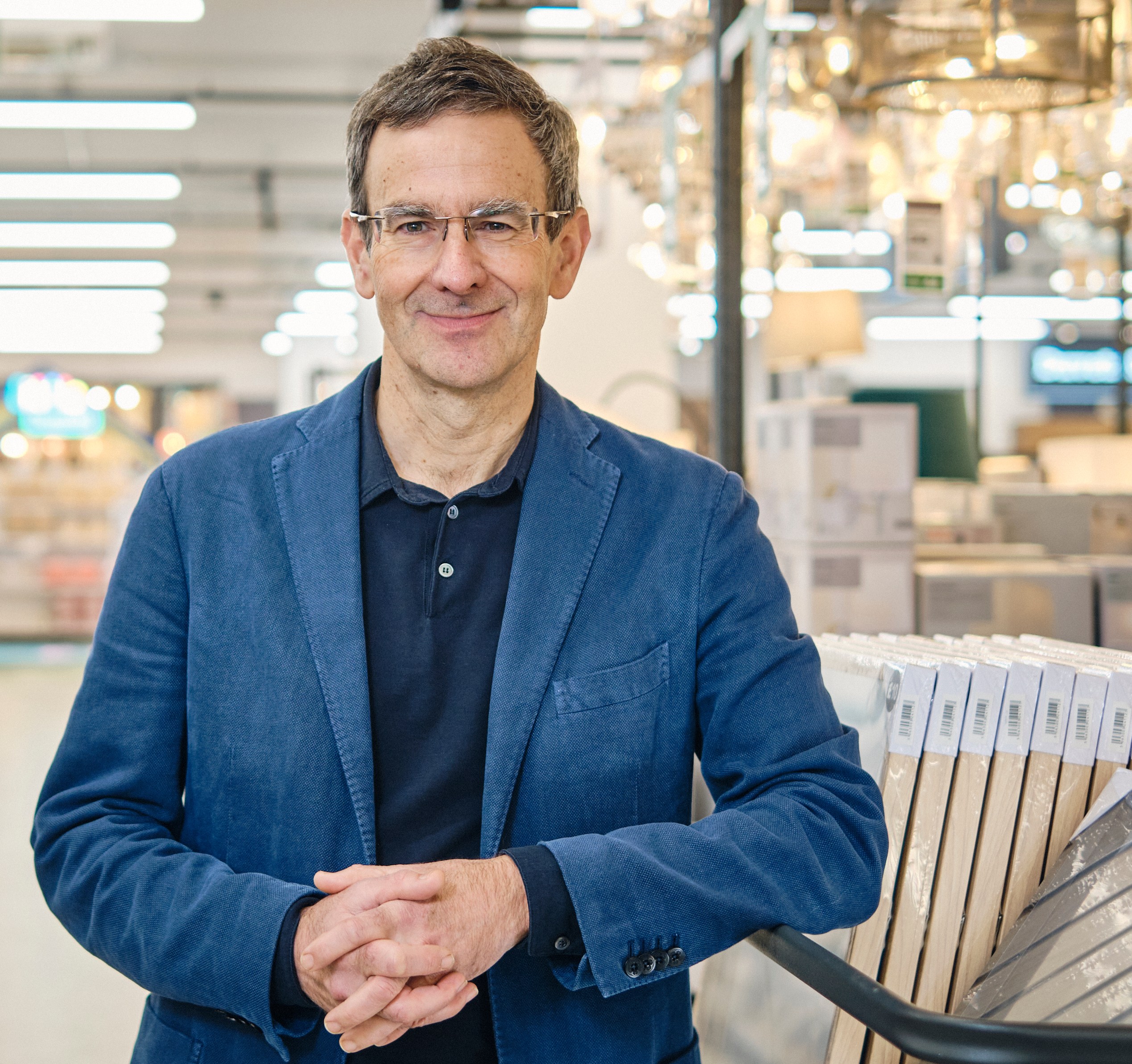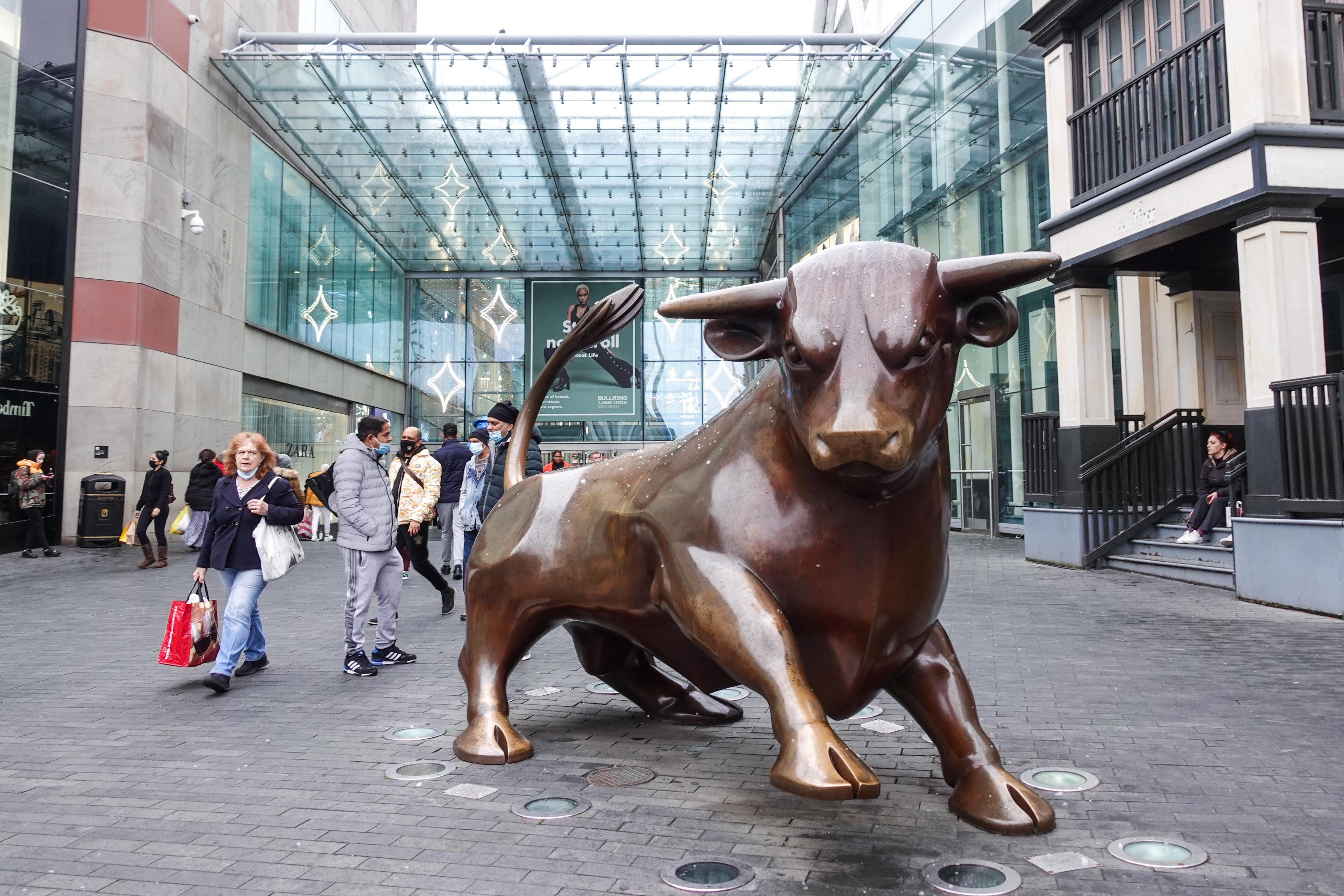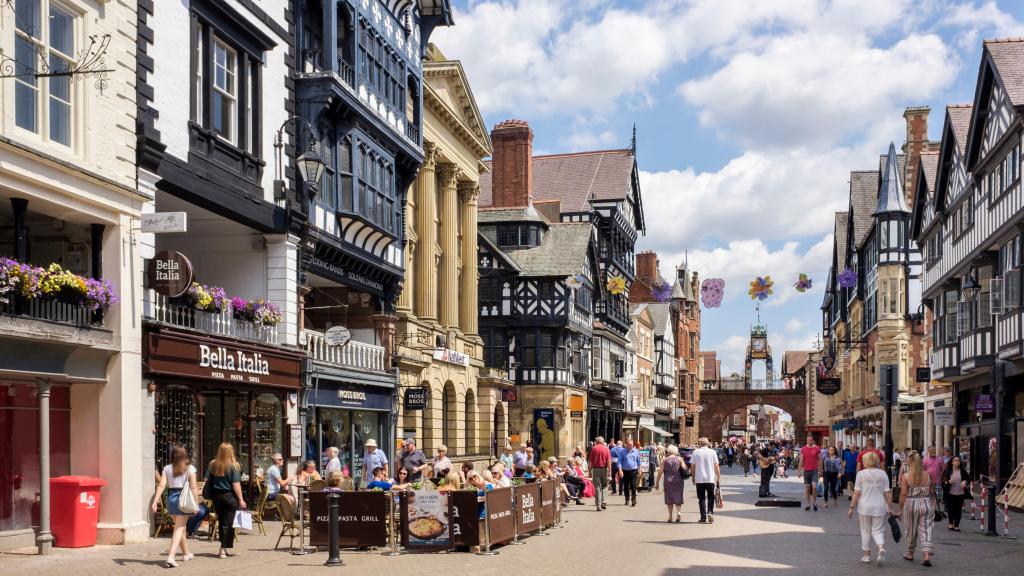Low Rents and Shopper Return Spark High Street Revival
The anticipated decline of traditional retail shops may have been overstated. Physical stores are witnessing a resurgence after a decade of decline, buoyed by lower rents, strategic investments, and a consumer base eager for in-person shopping post-pandemic.
Retail giants like Sainsbury’s, Marks & Spencer, and B&M are expanding. This week, Waitrose announced a £1 billion investment to open 100 new convenience stores. Sosandar, known as the ‘Asos for the over-30s,’ is planning to launch 50 stores, a significant shift from its online-only model. Other brands, including Mango, Hotel Chocolat, White Stuff, and Dunelm, are also opening new outlets.
Nick Wilkinson, CEO of Dunelm, shared, “I’ve been in retail for over 20 years, and every year the death of stores is predicted. However, we’ve witnessed a massive resurgence since the pandemic.”
A decade ago, online retail was seen as more cost-effective due to rising demand. While warehouse rents have soared, high street and shopping center rents have plummeted. Hammerson, which owns properties like the Bullring in Birmingham, estimates its rents are a third below their 2017 peak. Commercial property agent Avison Young reports significant rent drops in cities such as Leeds, Liverpool, Manchester, and Birmingham, with even Oxford Street in London seeing a 21% decrease over ten years.

These reduced rents are attracting retailers to larger spaces. Zara is moving into a former Debenhams location in Glasgow, Primark is expanding in Gateshead’s Metrocentre, and Frasers Group is opening a department store in Meadowhall, Sheffield.
Department store closures have freed up desirable locations and reduced rents. According to Avison Young, 85% of the UK’s department stores have shut down over the past decade, creating opportunities for other retailers. Lesley Males, director of market intelligence at Avison Young, noted, “Consolidation and retailer bankruptcies have made prime spots available.”
The closure of large stores with extensive cosmetics departments has led health and beauty brands to fill the gap. Boots opened its first Beauty store in Battersea Power Station, while Sephora returned to the UK for the first time since 2005.
Modern stores serve multiple purposes beyond selling products. They now function as brand showrooms and click-and-collect points. Primark has incorporated cafes and beauty studios in some locations, and Gymshark’s Regent Street store features a gym and juice bar.
This multifaceted approach is driving the need for larger retail spaces, contributing to the popularity of out-of-town retail parks. British Land has been expanding its portfolio to meet this demand, with M&S, Frasers, and Next vying for space.
Hotel Chocolat CEO Angus Thirlwell stated, “All our new stores are two to three times larger than those we opened just a few years ago. Bigger stores are increasingly favored by our customers and us.” He also highlighted that physical stores are the most effective way to attract new customers, even more so than online advertising.
Even online-only brands like Sosandar and Gymshark recognize the benefits of having physical stores. Last year, the number of online-only retailers going bust reached a record high, prompting a shift back to brick-and-mortar retail, according to accountancy firm Price Bailey.
In-person shopping experiences and fees for returning online purchases are influencing this trend. Julie Lavington, co-founder of Sosandar, stated that their customers appreciate both online and in-store shopping options. In affluent town centers targeted by Sosandar, “there aren’t very many empty shops.”
However, not all areas are thriving. Mark Allan, CEO of Land Securities, estimated a surplus of 25% in UK retail floorspace.
Males noted that some landlords are repurposing, redeveloping, or demolishing outdated retail spaces. UBS is replacing the old TK Maxx store in Stevenage with laboratory space, while Wirral council is transforming Birkenhead’s malls into offices, flats, and leisure areas. Sutton Coldfield’s Gracechurch shopping center is set to be converted into residential units by SAV Group.

Retail property valuations have also seen significant drops over the past decade. MSCI reports that shopping market values peaked in early 2016 but have since dropped by over 60%. This decline, combined with the resurgence in popularity among retailers and consumers, has sparked renewed investor interest.
Frasers Group, led by Mike Ashley, has been particularly active, acquiring properties like the Frenchgate shopping center in Doncaster, the Mall in Luton, Overgate in Dundee, and Junction 32 in Castleford. The company is also in talks to purchase Fremlin Walk in Maidstone. These acquisitions reflect Frasers’ confidence in the future of the UK high street.




Post Comment